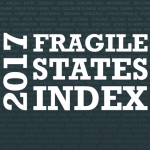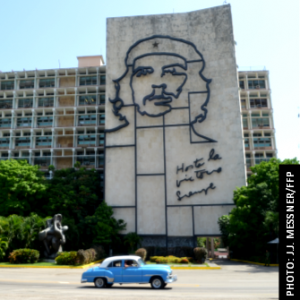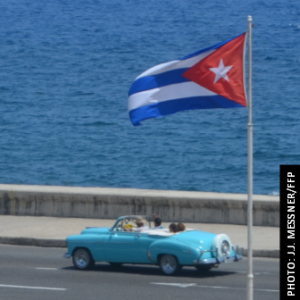BY J.J. MESSNER
Though South Sudan has returned to top position on the annual Fragile States Index (FSI) for 2017, and Finland continues to maintain its position as the world’s least fragile country, the global tumult of the past year has been borne out in the Index’s trend analysis, as Ethiopia, Mexico, and Turkey recorded the greatest worsening over 2016. A number of developed countries also recorded notable worsening scores across certain indicators, in particular the United States and the United Kingdom, which both experienced highly divisive political campaigns during 2016. The long-term trends of the FSI have also raised red flags on a number of countries – in particular South Africa and Senegal – for which the conditions that could precipitate instability have worsened significantly.
The FSI, now in its thirteenth year, is an assessment of 178 countries based on twelve social, economic, and political indicators that quantifies pressures experienced by countries, and thus their susceptibility to instability. The FSI itself is based on the CAST conflict assessment framework, a methodology developed a quarter of a century ago that continues to be implemented widely by policymakers, field practitioners, and local communities in better understanding the drivers of conflict. The FSI, adapted from the CAST framework, is assessed through a process that triangulates content analysis of over 50 million data points, with quantitative data sets and qualitative research validation.


